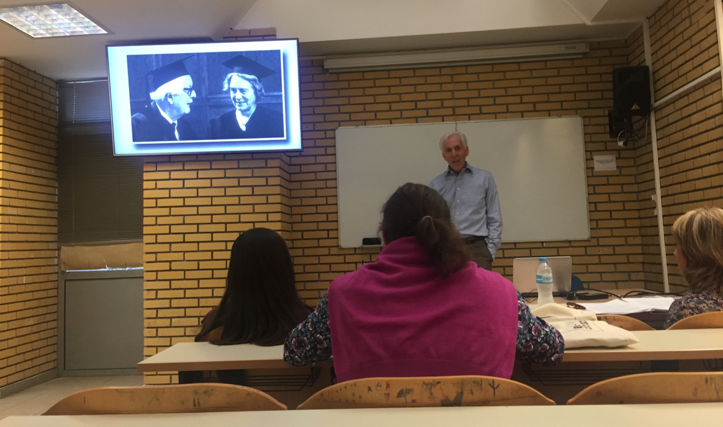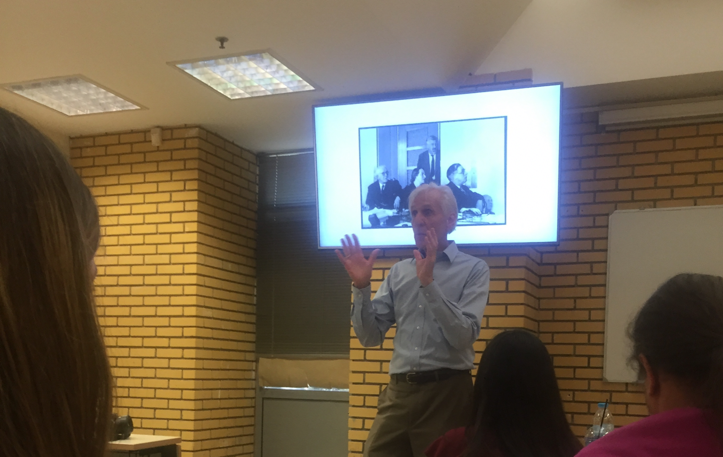Building the Foundations for a Science of Education
Nearly 100 years ago, John Dewey asked a seminal question: “Can there be a science of education?” He imagined many benefits to such a science including a deepening understanding of facts; a path towards discovery of new facts; the ability to confirm and disconfirm theories and findings; and the opportunity to provide both a sense of control and liberation from dull routine and blind tradition.
On Thursday, 18 July 2019 Paul Zachos presented to the scientific and education community at the 15th International History, Philosophy and Science Teaching Conference (IHPST2019) in Thessaloniki, Greece. He noted while far from being realized, several important foundations for the realization of Dewey’s dream have been set. Notably he reported on the profound contributions of the curriculum theorist Mauritz Johnson and the genetic epistemologists, Barbel Inhelder and Jean Piaget. The presentation detailed two continuing obstacles facing the establishment of a science of education as well as a solution based on Johnson’s conceptualization of the intended learning outcome as basis for clarifying what Dewey called the ‘subject matter’ of education. Learn more by viewing the presentation slides here.


